Open Evening Activities - Psychology
<p>If you’ve got an open evening coming up you might be wondering how to prepare or what you could offer to those prospective parents. You might already have some resources and be looking for extra activities to put out.</p>
<p>Here is my pack of open evening resources, which I’ve used for years. They always help me ensure prospective students are persuaded to take psychology.</p>
<p>I’ve included the resources i use for Sociology too as I know many people teach both but these are easily deleted if you don’t need them. Similarly you may need to change a year 2 module or two, if you don’t study the same three as our students do.</p>
<p>In the bundle is:</p>
<ol>
<li>My door signs</li>
<li>Six interactive activities to put around your classroom (this always gives the room a real buzz and helps keep visitors interested and busy while they wait to speak to the teacher.)</li>
<li>A rolling ppt to put on the board for prospective parents and students to read. (you could amend this to add your dept results / entry requirements).</li>
</ol>
<p>As a teacher of over 10 years at an outstanding school, (who has examined and tutored), I have spent time compiling exactly the resources students need to excel in their exams. Now I want to pass these on to you. Whether you are a teacher or student these will help you get ready for the exams.</p>
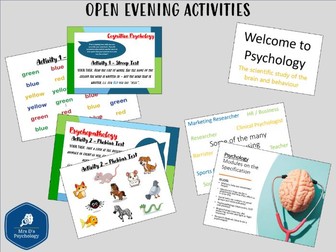
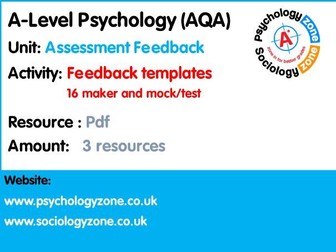
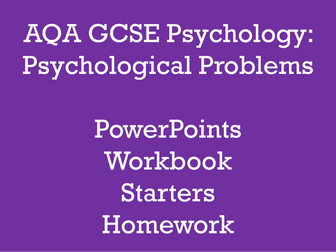
![A-Level Psychology - THE PSYCHODYNAMIC APPROACH [Approaches in Psychology]](https://l.imgt.es/resource-preview-imgs/a0b1e331-f96c-46a0-983b-eb51e09c8469%2Fl7app.crop_831x623_2%2C0.preview.png?profile=res-img-med-legacy-v2)
![A-Level Psychology - THE HUMANISTIC APPROACH [Approaches in Psychology]](https://l.imgt.es/resource-preview-imgs/d73aed87-9dc6-4ae3-bb73-8c1a9277a951%2FScreenshot20240401110320.crop_967x726_2%2C0.preview.png?profile=res-img-med-legacy-v2)
![A-Level Psychology - THE COGNITIVE APPROACH [Approaches in Psychology]](https://l.imgt.es/resource-preview-imgs/51661229-95b8-4ef0-b919-bf6454860502%2FScreenshot20240327130416.png?profile=res-img-med-legacy-v2)
![A-Level Psychology - THE BIOLOGICAL APPROACH [Approaches in Psychology]](https://l.imgt.es/resource-preview-imgs/02a1d726-dcc4-4288-8a8f-edb7cb6f3c69%2Fl5app.png?profile=res-img-med-legacy-v2)
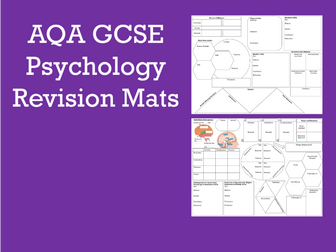
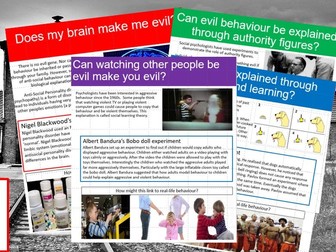
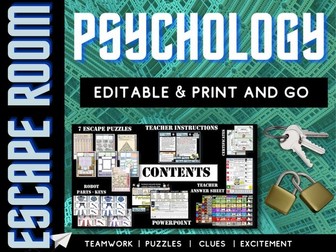
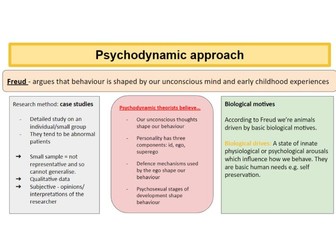
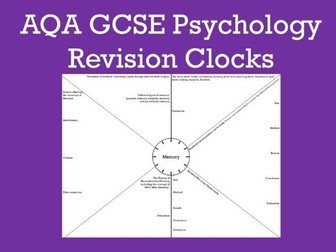
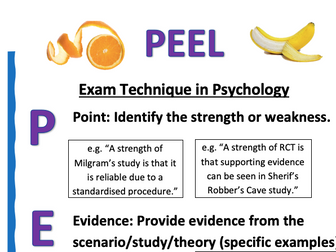
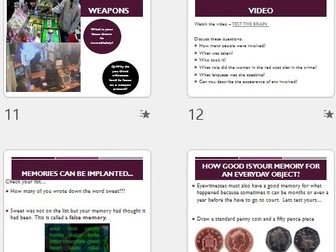
![A-LEVEL PSYCHOLOGY - YEAR 2 RESEARCH METHODS IN PSYCHOLOGY [COMPLETE TOPIC]](https://l.imgt.es/resource-preview-imgs/7009d55b-ac2d-44ba-986d-354731950b50%2Fyear2rmbundle.crop_1599x1200_0%2C0.preview.jpg?profile=res-img-med-legacy-v2)
![A-Level Psychology - OFFENDER PROFILING: THE TOP-DOWN APPROACH [Forensic Psychology]](https://l.imgt.es/resource-preview-imgs/d04b276f-482d-410f-bded-b328a4cc32e0%2FScreenshot20240404161712.crop_974x731_1%2C0.preview.png?profile=res-img-med-legacy-v2)
![A-LEVEL PSYCHOLOGY - APPROACHES IN PSYCHOLOGY [COMPLETE TOPIC - Includes Slides and Worksheets]](https://l.imgt.es/resource-preview-imgs/08280360-b8cd-4818-9dd2-7878a524650f%2FScreenshot20240401152139.crop_984x738_2%2C0.preview.png?profile=res-img-med-legacy-v2)